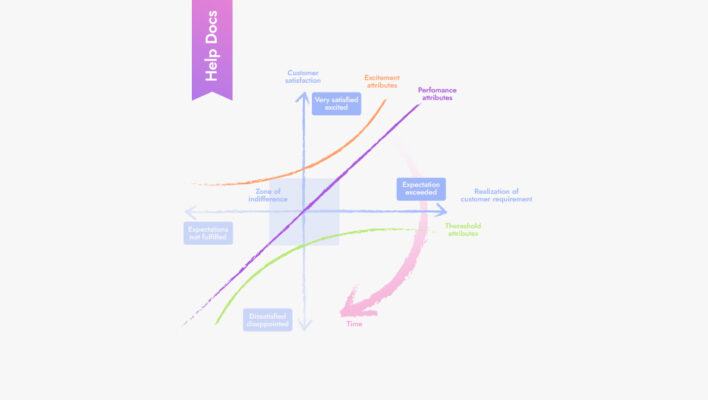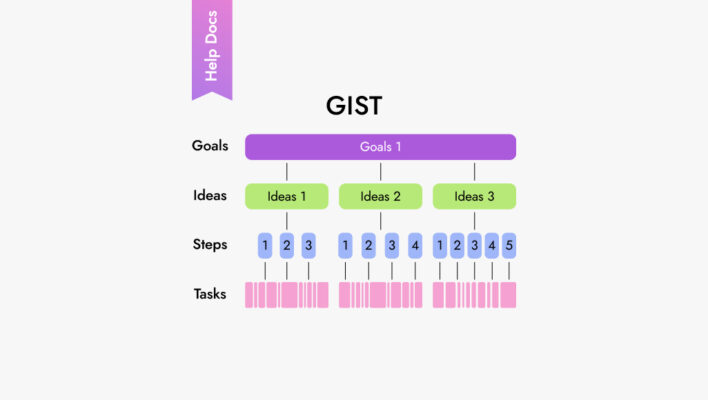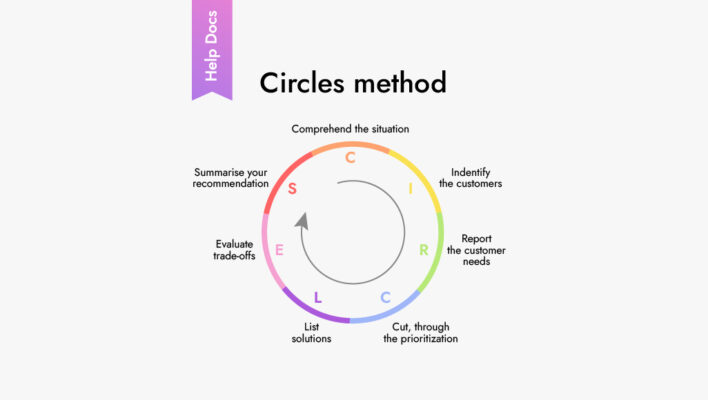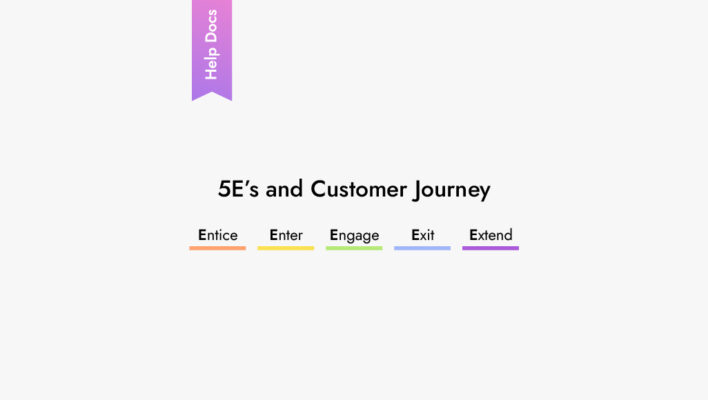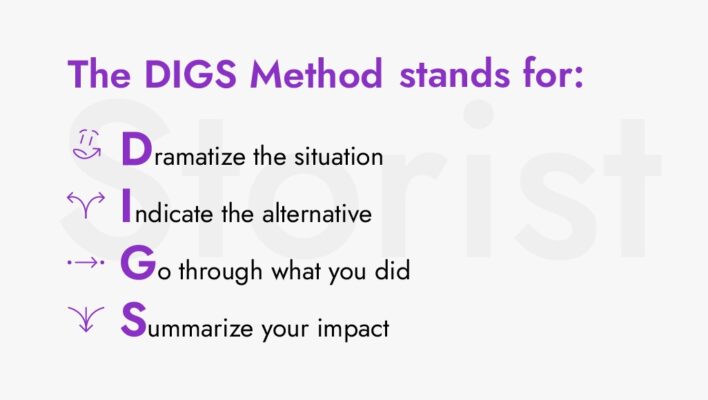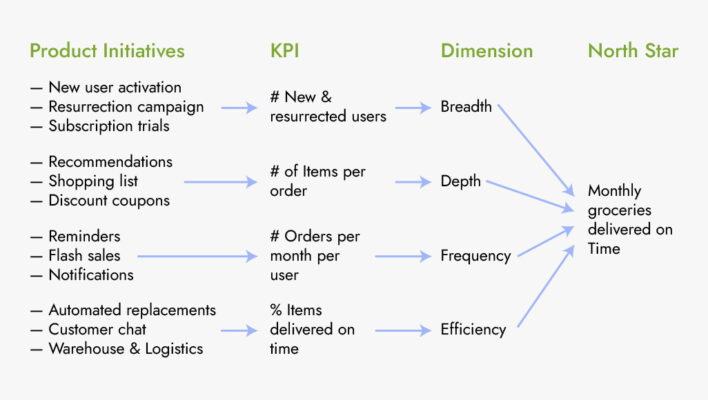What competencies should entrepreneurs have at the start and what should they continually improve?
Starting a business is a challenging and rewarding experience that requires a wide range of skills and competencies in entrepreneurship.
Storist found out what skills you should have in order to succeed as an entrepreneur and how to continually improve your abilities over time.

Business Management Skills
Effective business management skills are crucial to establish and grow a business. These skills encompass various aspects such as financial management, operations management, marketing and sales strategies, and organizational skills. You must have a solid foundation in these areas to ensure your business runs smoothly and achieves sustainable growth.
To develop business management skills, you can:
- Pursue formal education or training programs in business administration or management.
- Seek mentorship from experienced entrepreneurs or industry professionals.
- Engage in continuous learning through workshops, seminars, and online courses.
- Gain practical experience by working in relevant roles within established businesses before venturing independently.
Leadership Skills
Leadership skills are vital for both entrepreneurs and business professionals. Effective leadership is not only about managing a team; it involves inspiring and influencing others to achieve shared goals, fostering a positive work environment, and driving organizational success.
Here are some pieces of advice on improvig your leadership skills:
- Reflecting on your strengths, weaknesses, and leadership style is crucial for personal growth as a leader. It allows you to understand your abilities and areas for improvement, align your strengths with entrepreneurial goals, and make necessary adjustments. For instance, through self-reflection, let’s say you have identified your strengths in relationship-building, fostering collaboration, and effective communication. However, you have also acknowledged weaknesses in delegating tasks and handling conflict. Understanding your democratic leadership style, your plan is to leverage your strengths by focusing on team-building and employee motivation while simultaneously improving delegation skills and conflict management.
- Look for experienced entrepreneurs or leaders who can serve as mentors and advisors. Their guidance and insights can provide valuable perspectives and help you navigate the challenges of entrepreneurship. Mentors can offer advice, share their experiences, and provide constructive feedback contributing to your leadership development.
- Hone Communication Skills. Communication is the core of effective leadership because it enables clarity, collaboration, and alignment among team members. Work on improving both your verbal and written communication abilities. Practice active listening, empathy, and clarity in your interactions with team members, stakeholders, and customers. Clear and concise communication fosters trust, transparency, and alignment within your organization. You can also develop your communication skills with Storist’s interactive summaries of the following books:



- Develop Emotional Intelligence. Emotional intelligence is essential to successful leadership. It involves recognizing and understanding your emotions and those of others and using that understanding to build meaningful connections and manage relationships effectively. For example, suppose you know that an employee is sabotaging task completion out of fear of making mistakes (rather than laziness or other reasons). In that case, you can find a tool to reduce anxiety and motivate them to take action.
- Foster a Collaborative Culture. Encourage collaboration and teamwork within your organization. Create opportunities for your team members to contribute ideas, provide feedback, and feel valued. Promote a culture of trust, respect, and open communication, where diverse perspectives are welcomed and celebrated. When individuals feel empowered and engaged, they can contribute their best work and drive the success of your entrepreneurial venture.
- Embrace Challenges and Learn from Setbacks. Entrepreneurship is a journey of challenges and setbacks. Embrace them as opportunities for growth and learning. Instead of being discouraged by failures, view them as stepping stones to success. Adapt quickly, learn from your experiences, and use those lessons to refine your leadership approach and decision-making processes.
- Commit yourself to lifelong learning and personal growth. Read books, attend seminars, and enroll in courses that focus on leadership and entrepreneurship. Do you want to read business books productively and with fun?
Join the Storist. Take away the most valuable things from business bestseller books with the help of interactive summaries for only 10 minutes a day.
Critical thinking skills
Critical thinking skills are vital for navigating the complex and unpredictable business world. The ability to think critically enables you to make informed decisions, solve problems effectively, and identify opportunities for innovation.
Entrepreneurs must be comfortable with taking risks, but they need to do so wisely. Critical thinking helps you assess the potential risks associated with business decisions by considering qualitative and quantitative factors. By critically evaluating risks, you can make calculated decisions, develop contingency plans, and minimize potential adverse outcomes.
How you can develop critical thinking skills:
- Critical thinking begins with questioning assumptions and challenging conventional wisdom. Encourage yourself to ask probing questions, challenge existing beliefs, and seek alternative perspectives. Develop an open and inquisitive mindset. You can uncover new insights and possibilities that may have been overlooked.
- Engaging with diverse perspectives is essential for enhancing critical thinking skills. Entrepreneurs should actively seek input from people with different backgrounds, experiences, and expertise. This diversity of thought can provide valuable insights, challenge biases, and lead to more robust decision-making processes.
- Analyze and Evaluate. Developing analytical skills is crucial for critical thinking. Practice analyzing complex problems, breaking them into manageable components, and evaluating the strengths and weaknesses of different approaches. Actively use the frameworks that could be helpful in analysis, for example, The First Principles for problem-solving or The Decision Matrix to find the best solution.
- Embrace Continuous Learning. Critical thinking is a skill that can be developed through continuous learning and self-improvement. Invest in your education by reading books, attending seminars, and participating in workshops focusing on critical thinking and problem-solving. Additionally, seeking feedback from mentors or advisors can provide valuable insights and help entrepreneurs identify blind spots in their thinking processes.
If you want to navigate the complexities of decision-making with greater clarity, accuracy, and intellectual acuity, the book “Thinking, Fast and Slow” by Daniel Kahneman is for you. This book helps improve critical thinking skills and understanding people’s way of thinking.

Creative thinking skills
Creative thinking skills are paramount for entrepreneurs in today’s dynamic and competitive business landscape. While technical knowledge and problem-solving abilities are essential, the ability to think creatively allows entrepreneurs to generate innovative ideas, envision new possibilities, and find unique solutions to complex challenges.
How to think out-of-the-box:
- Cultivate a curious and open-minded attitude to stimulate creative thinking. Seek new experiences, explore diverse interests, and continuously learn. Curiosity fuels the mind with fresh ideas and perspectives, laying the foundation for creative thinking to flourish.
- Create a culture of brainstorming and idea generation within your team. Regularly hold brainstorming sessions where everyone can contribute their ideas without judgment. This inclusive environment sparks creativity and encourages the generation of diverse and innovative solutions.
- Embrace Failure and Learn from Mistakes. Fear of failure can limit creativity. Embrace failure as a valuable learning opportunity.
- Collaborate with diverse individuals who bring different perspectives and skill sets. Engaging with people from various backgrounds fosters a rich exchange of ideas and stimulates creative thinking.
- Utilize mind mapping and visualization techniques to stimulate creative thinking. Mind mapping involves visually mapping out ideas and connections, facilitating the exploration of new possibilities and relationships. Visualization techniques, such as creating mood boards or visual metaphors, can help tap into imagination and unlock innovative ideas.
- Regularly practice ideation exercises to train your brain to think divergently. Set some time for brainstorming, idea generation, and concept development. Allow yourself to explore wild and unconventional ideas, pushing beyond conventional boundaries to foster creative thinking. Changing your mindset and looking at familiar things from a fresh perspective could be done with the help of the interactive summary “Thinkertoys.”

If you choose the entrepreneurial journey, you should possess business acumen, leadership skills, adaptability, and strong communication abilities in order to succeed. Also, embrace continuous learning. It is the foundation for growth and innovation in the dynamic business world. Keep pushing forward, continue personal and professional development, and fearlessly pursue your entrepreneurial dreams.


